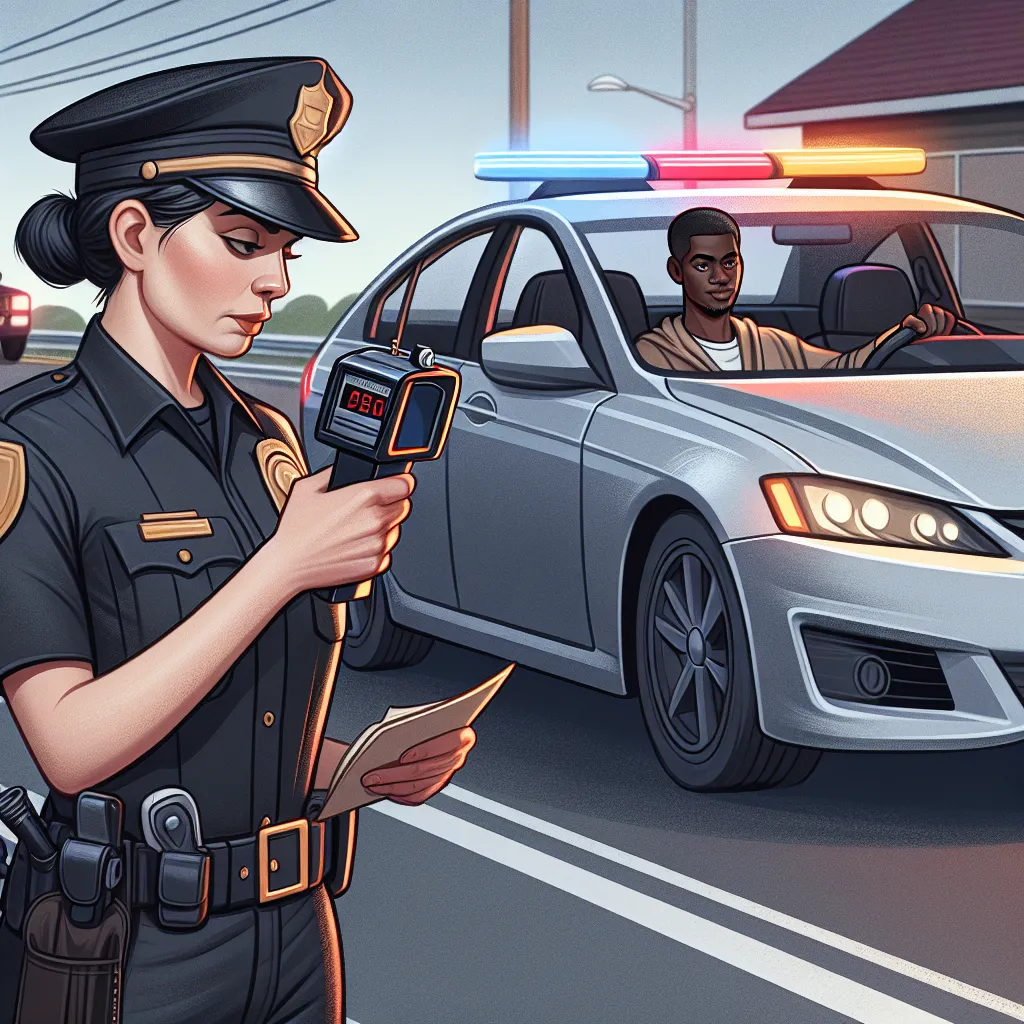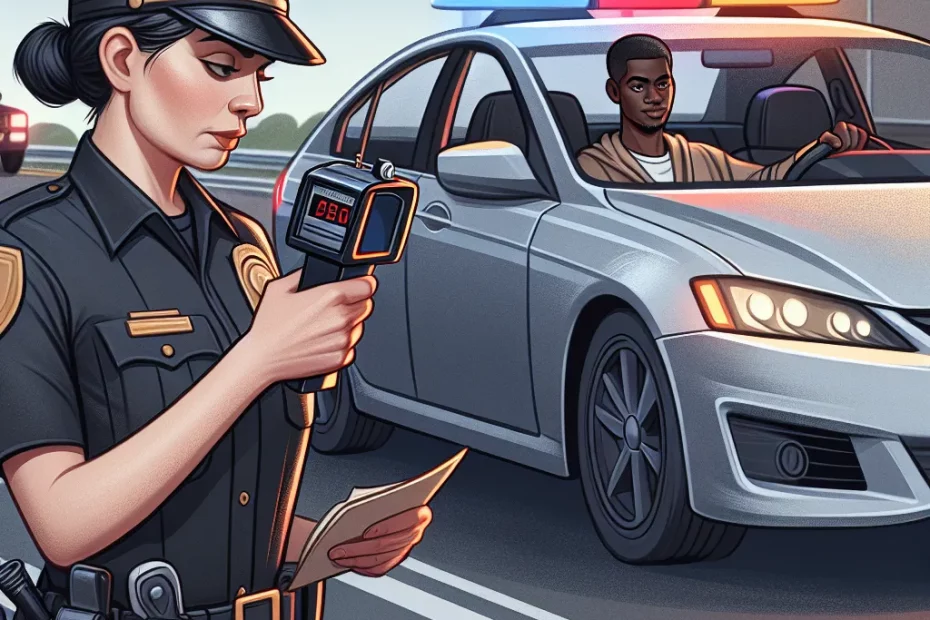Speeding fines and enforcement play a crucial role in maintaining road safety and preventing accidents. Understanding speed limits and penalties is essential for all drivers to ensure compliance with the law and protect themselves and others on the road. By exploring the consequences of speeding, the enforcement of speeding laws, and practical tips to avoid fines, drivers can make informed decisions and contribute to a safer driving environment. It is important to be aware of the regulations in place, the potential outcomes of violating speed limits, and the measures taken by authorities to uphold these laws. This knowledge empowers drivers to be responsible and conscientious on the road, promoting a culture of safety and adherence to traffic regulations.

Understanding Speed Limits
In the realm of road safety, understanding speed limits is paramount. Speed limits are not arbitrary numbers posted on signs; they are carefully calculated based on various factors to ensure the safety of all road users. The primary goal of speed limits is to reduce the likelihood of accidents and minimize the severity of those that do occur. By adhering to speed limits, drivers can contribute to a safer and more efficient road environment for everyone involved.
Factors Considered in Setting Speed Limits
Speed limits are typically set by considering the road type, surrounding environment, and traffic conditions. For example, in residential areas or school zones, lower speed limits are enforced to protect pedestrians and ensure the safety of children. On highways or expressways, higher speed limits may be in place to accommodate the flow of traffic and maintain a smooth driving experience. These limits are not suggestions but legal requirements that must be followed by all drivers.
In the United States, speed limits are measured in miles per hour (mph), with common limits ranging from 25 mph in residential areas to 70 mph on certain highways. It is important to note that exceeding the speed limit, even by a small margin, can result in fines, points on your driving record, and in some cases, license suspension. The enforcement of speed limits is carried out through various means, including speed cameras, radar guns, and police patrols.
Drivers should always be aware of the posted speed limits and adjust their driving accordingly. Speeding not only endangers the driver and passengers but also puts other road users at risk. By understanding and respecting speed limits, drivers can contribute to a safer road environment for everyone. Remember, it’s not just about getting to your destination quickly; it’s about getting there safely. So, next time you hit the road, make sure to keep an eye on those speed limit signs and drive responsibly! 🚗💨
Consequences of Speeding
Speeding is not just a minor traffic violation; it can have serious consequences that impact not only the driver but also others on the road. Understanding the penalties and enforcement related to speeding is crucial to promote road safety.
Impact on Road Safety
Exceeding the speed limit is a leading cause of traffic accidents worldwide. In fact, statistics show that speeding contributes to a significant percentage of road fatalities each year. Driving at high speeds reduces the driver’s reaction time, making it more difficult to avoid collisions or stop suddenly in case of an emergency. 🚗💥
Penalties and Fines
Apart from the obvious safety risks, speeding can also result in hefty fines and penalties. The exact consequences vary depending on the severity of the offense and the local laws, but they can include fines, points on the driver’s license, license suspension, and even jail time in extreme cases. 🚓💸
Financial Implications
Moreover, insurance premiums tend to increase significantly for drivers who have been caught speeding. Insurance companies view speeding violations as a sign of risky behavior, which translates to higher premiums for the driver. This financial burden can last for several years, making it a costly mistake in more ways than one. 💰💔
Long-Term Consequences
In addition to the immediate consequences, speeding tickets can also have long-term effects on one’s driving record. Points accumulated from speeding violations can lead to license suspension or revocation, making it difficult to drive legally in the future. This can impact employment opportunities, especially for jobs that require a clean driving record. 🚫📋
It is essential for drivers to understand the gravity of speeding and the potential repercussions it can have. By obeying speed limits and driving responsibly, not only can individuals avoid fines and penalties, but they can also contribute to making the roads safer for everyone. Let’s all do our part to prevent the consequences of speeding and promote a culture of safe driving. 🛣️🚦
Remember, it’s not just about getting to your destination quickly; it’s about getting there safely. Drive smart, drive safe! 🌟🚗
Enforcement of Speeding Laws
In the realm of traffic regulations, the enforcement of speeding laws stands as a critical pillar in ensuring road safety and upholding order on our streets. Speed limits, meticulously set based on various factors including road conditions, traffic volume, and proximity to residential areas, serve as the foundation of these laws. Exceeding these limits not only poses a direct threat to the lives of drivers and pedestrians but also undermines the overall integrity of the transportation system.
The Significance of Speeding Violations
Understanding the significance of enforcing speed limits requires a deep dive into the penalties associated with speeding violations. In many jurisdictions, fines for speeding vary based on the degree to which the limit was exceeded. For instance, going just a few miles per hour over the limit might result in a minor fine, while significantly surpassing the speed threshold could lead to hefty penalties, license suspension, or even legal consequences.
Technological Advancements in Enforcement
The enforcement of speeding laws heavily relies on advanced technology such as speed cameras, radar guns, and automated systems that capture and record violations. These tools not only ensure the accuracy of speed measurements but also streamline the process of issuing fines and penalties to violators. Additionally, law enforcement officers play a crucial role in monitoring speed limits, conducting speed checks, and intervening in cases of reckless driving behavior.
Penalties and Consequences
When it comes to penalties for speeding violations, the severity of consequences often escalates for repeat offenders. Points may be added to the driver’s record, leading to increased insurance premiums or, in more severe cases, license revocation. These measures are designed to deter individuals from engaging in dangerous driving practices and emphasize the importance of adhering to speed limits for the safety of all road users.
Promoting Responsible Driving
In conclusion, the enforcement of speeding laws is not merely about issuing fines and penalties but rather a concerted effort to promote responsible driving behavior and safeguard public welfare. By understanding the implications of speeding violations and the consequences of disregarding speed limits, drivers can contribute to creating a safer and more harmonious road environment for everyone. Let us all drive with caution, respect the rules of the road, and prioritize safety above all else!
Tips to Avoid Speeding Fines
Are you tired of receiving those hefty speeding fines in the mail? Well, fear not, because I’ve got some expert tips to help you steer clear of those pesky penalties! Speeding fines can really put a dent in your wallet, not to mention the impact they can have on your driving record. So, let’s dive into some practical strategies to keep you on the right side of the law and away from those dreaded fines!
Know the Speed Limits
First and foremost, always make sure to familiarize yourself with the speed limits in the area you’re driving. Speed limits can vary depending on the type of road, so keep an eye out for signs indicating the maximum speed allowed. Remember, ignorance is not an excuse when it comes to speeding fines!
Use Cruise Control
Another crucial tip is to use cruise control whenever possible. This handy feature helps you maintain a steady speed, reducing the risk of inadvertently going over the limit. Plus, it can also help improve your fuel efficiency – talk about a win-win situation!
Stay Alert and Focused
It’s also essential to stay alert and focused while driving. Distractions can lead to unintentional speeding, so put away your phone, keep your eyes on the road, and stay vigilant at all times. Remember, safety should always be your top priority.
Consider a Radar Detector
If you find yourself in a situation where you may have exceeded the speed limit, don’t panic. Instead, consider investing in a radar detector. These devices can alert you to the presence of speed traps, giving you the chance to adjust your speed accordingly and avoid those costly fines.
Address Speeding Tickets Promptly
Lastly, if you do happen to receive a speeding ticket, don’t ignore it! Ignoring a ticket can lead to even more severe consequences, including license suspension. Instead, take the necessary steps to address the ticket promptly, whether it’s paying the fine or contesting the violation in court.
By following these tips and staying mindful of your speed, you can significantly reduce your chances of receiving speeding fines. Remember, it’s always better to arrive at your destination safely and without breaking the law. Drive smart, drive safe, and avoid those fines like a pro! 🚗💨
In conclusion, understanding speed limits and the consequences of speeding is crucial to avoid fines and ensure road safety. Enforcement of speeding laws plays a vital role in deterring violations and protecting all road users. By following speed limits, being aware of penalties, and adopting safe driving practices, we can contribute to a safer and more orderly traffic environment. Remember, responsible driving is not just a legal obligation but a moral duty to protect ourselves and others on the road. Let’s all strive to be mindful and law-abiding drivers for the well-being of everyone.
